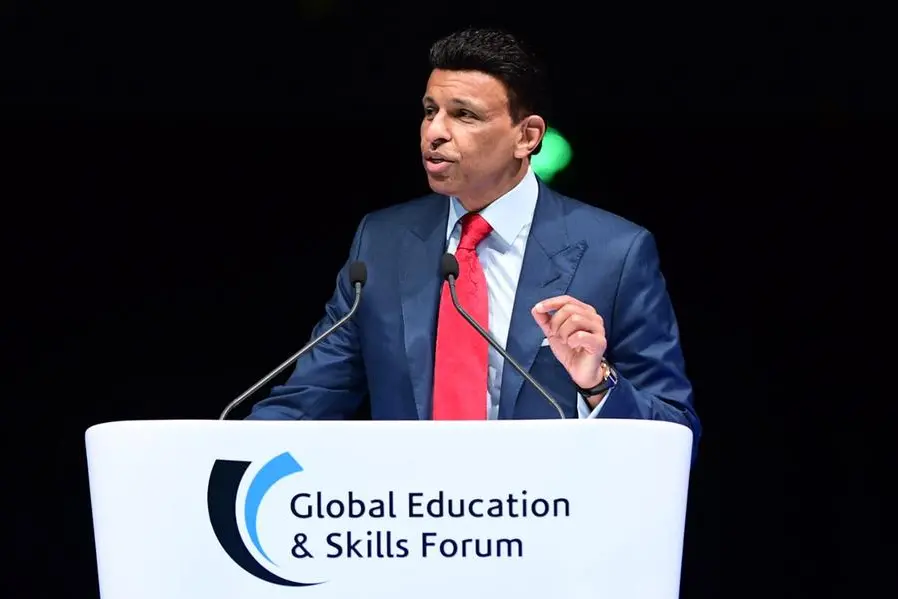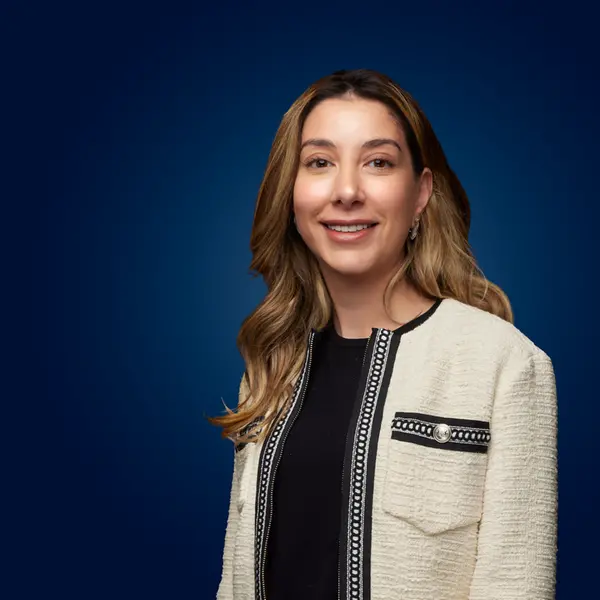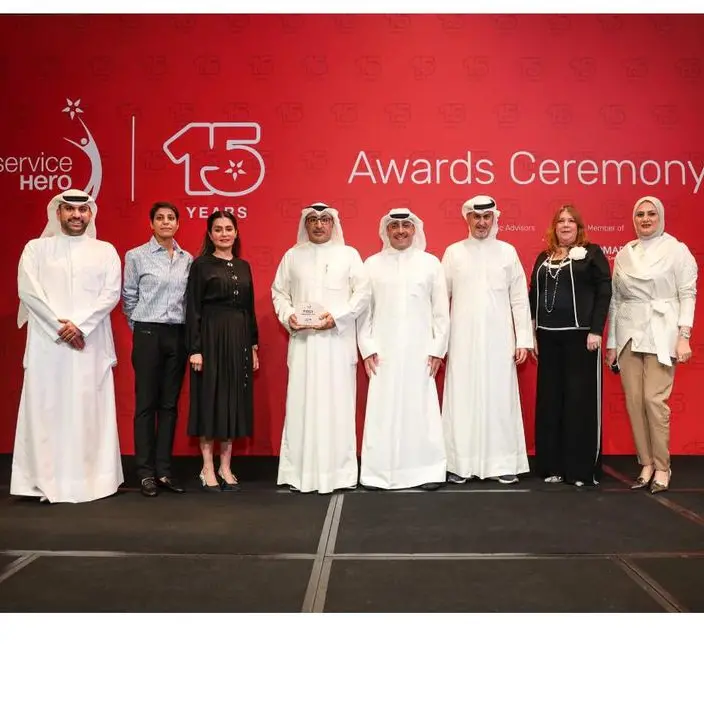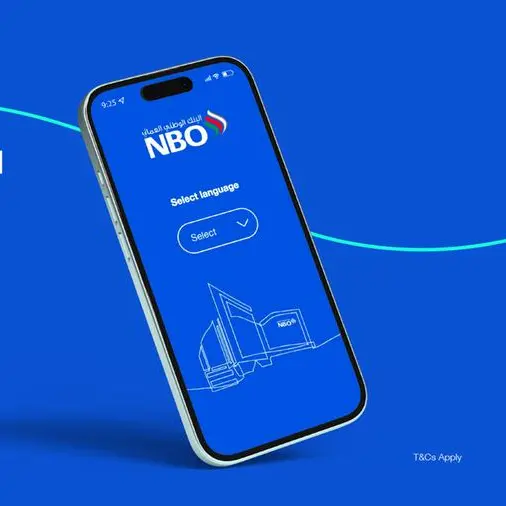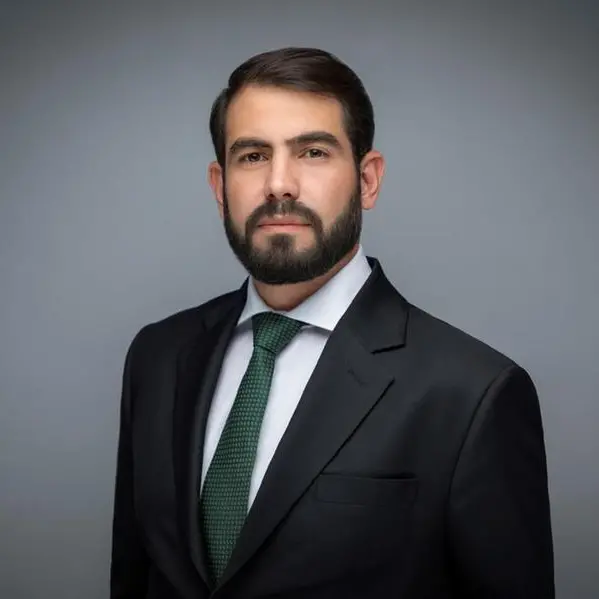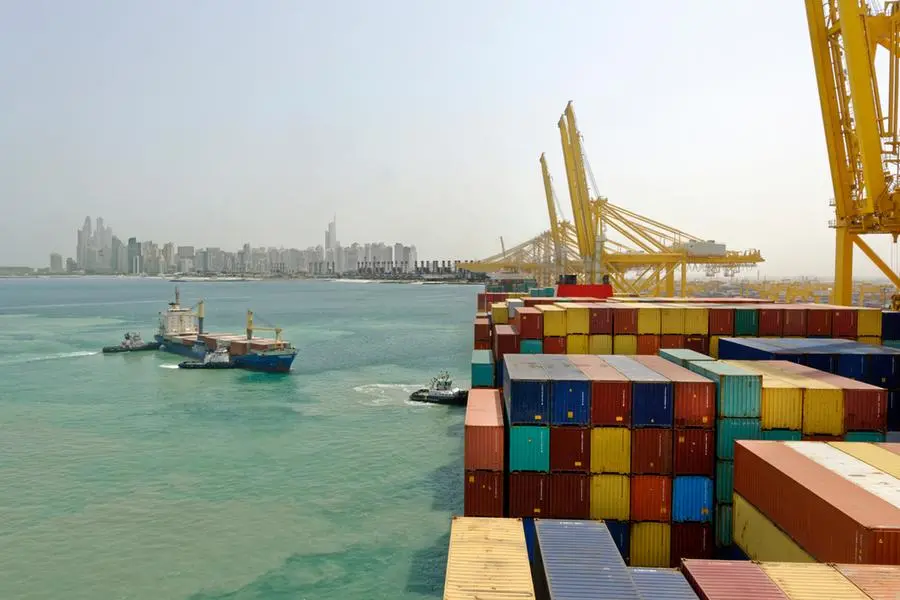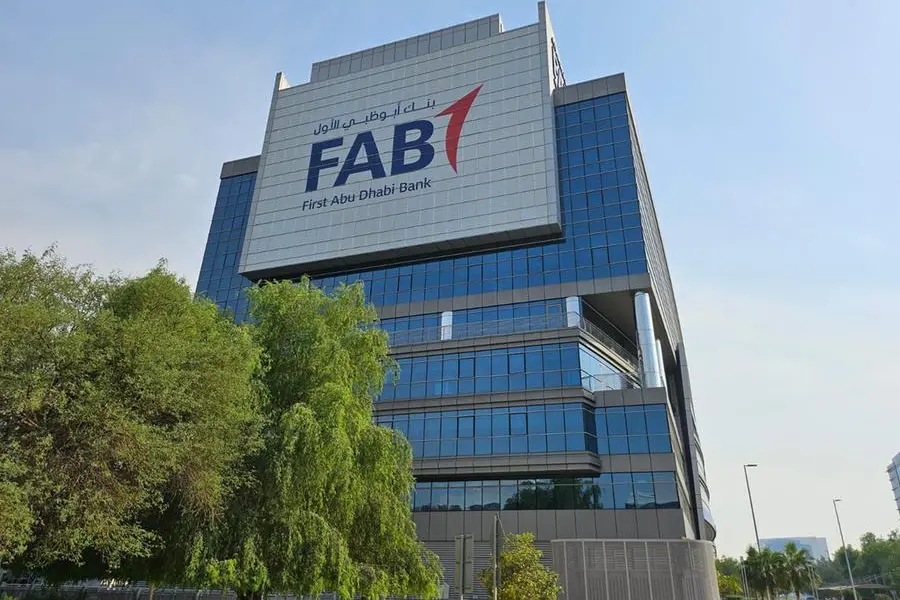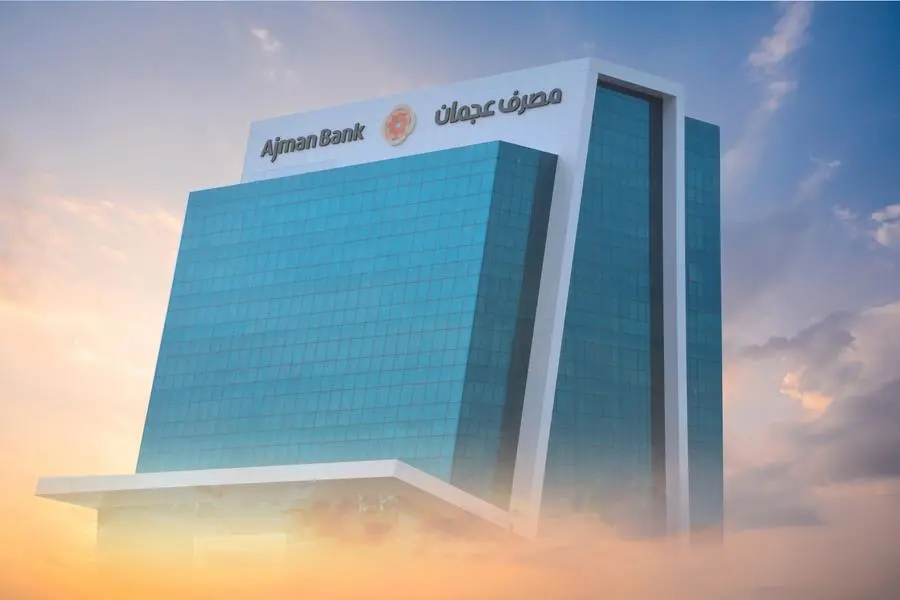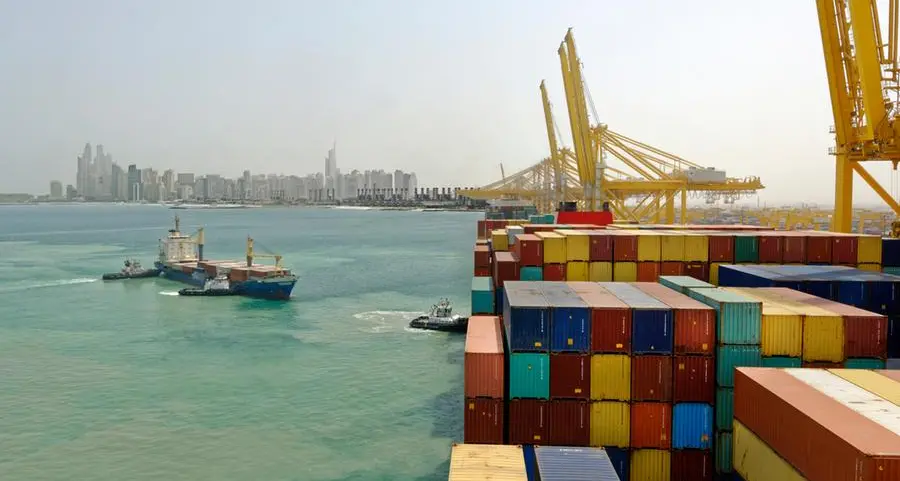PHOTO
Founder of GEMS Education Sunny Varkey. Image Courtesy: GEMS Education
- Education entrepreneur and philanthropist, who launched the Global Teacher Prize urges greater knowledge sharing between the independent sector and governments to help improve education across the world.
Dubai (UAE) – Education entrepreneur and philanthropist Sunny Varkey today launched first worldwide representative body for the K-12 independent education sector - the Global Independent Schools Association. Mr Varkey, who is the founder of GEMS Education, launched the body with an urgent call for greater knowledge sharing between the independent sector and governments to help improve education across the world. Crucially, GISA hopes to make its voice heard as a valued partner in achieving SDG4: ensuring inclusive and equitable quality education for all by 2030.
This global association seeks to co-ordinate, represent, and give a voice to the global K-12 independent education sector - filling a “representation void” of a sector that which educates 350 million children around the world – including 52% of secondary school children in South Asia and 45% of primary school children in Latin America.
It aims to become the “go to” voice for the independent education sector, showcasing its impact, and acting as a resource for the world’s governments and global institutions to tap into, talk to, and, in times of crisis, lean on. It will provide a forum for the sector to share its vast body of accumulated knowledge and expertise within the independent sector. At the same time, it aims to work with policymakers and governments throughout the world to help raise standards in schools of every background, whether public, independent or third sector.
Speaking in support of GISA’s launch, Andreas Schleicher, Director of Education and Skills for the OECD, said: "Getting the independent sector to raise its voice in service of the public good is hugely important. Tomorrow’s economy will be unforgiving for those without a strong education and skills for the future. Unless the independent sector joins others – governments, business, NGOs - to work out how we educate and skill up a new generation, valuable expertise will remain siloed, and solutions will be lost”.
Founder of GEMS Education Sunny Varkey, who also founded the Global Teacher Prize and is a signatory of the Giving Pledge, urgently rallied leaders across the global independent education sector to form the new body off the back of September’s UN General Assembly, where it became increasingly clear that the time is running out to achieve SDG4.
Sunny Varkey, Founder of GISA, said “the window of opportunity is fast closing to fulfil the promise of providing every child with their birthright of a good education by 2030. Until now, there has been a void in the representation of the global independent sector and lack of co-ordinated effort in the search for solutions to this urgent crisis. GISA members will be as diverse as the communities they serve, contributing frontline experiences of educating children across every possible income scale, culture, and border. GISA will also become a genuine partner in delivering SDG4, supporting policymakers and facilitating collaboration between its members to keep innovating and transforming education for the greater good. Together, we will work with governments to help them meet their educational and economic goals.”
For the first time, some of the leading names in global K-12 independent education have united to form this new body. GISA’s Executive Board which will shape its strategic direction includes Andrew Fitzmaurice, CEO of Nord Anglia Education; Sunny Varkey, Founder of GISA; Nadim Nsouli, Founder, Chairman and CEO of Inspired Education; Frank Maassen; Group CEO of Cognita; Brian Rogove, Group CEO of XCL Education; and Dino Varkey, CEO of GEMS Education. The association launched with a call to action to attract members from around the world, whether they are a single classroom private school in a low-income country, a school run by a charity or foundation, or a school operating within a multinational chain.
Influential education luminaries have also agreed to join the Advisory Board of GISA to help shape its strategy and direction. Members include Victoria Colbert, Columbia’s former Vice-Minister of Education and Executive Director of Fundación Escuela Nueva; Sir Anthony Seldon, former Vice-Chancellor of Buckingham University; Professor Li Wei, Director and Dean of the UCL Institute of Education; Vijay Kumar, Executive Director of the Abdul Latif Jameel World Education Lab at MIT; Mercedes Mateo, Head of Education at the Inter-American Development Bank; Dr Siva Kumari, former Director General of the International Baccalaureate; and Trevor Rowell, Chair of the Council of British International Schools.
Andrew Fitzmaurice, CEO of Nord Anglia Education and Chairman of GISA’s Executive Board, said: “Independent schools are often centres of innovation that introduce new methodologies, pedagogic styles, and technologies. GISA members can provide considerable insight and best practice, which can be shared to benefit state and independent schools everywhere. From important areas such as supporting the professional development of teachers to the latest uses of technology in teaching and learning, we can make an even greater impact on education by working together.”
Professor Li Wei, Director and Dean of the UCL’s faculty of Education and Society said: “Meeting the SDGs on education is an urgent priority for individuals and societies around the world, in support of human flourishing and economic prosperity. We need to foster dialogue across all parties seeking to improve access to, experience in and outcomes from education, to share evidence and front-line experience, in single-minded pursuit of progress for all learners”.
Sunny Varkey added “Despite educating 350 million children around the world, in schools that are as diverse as the communities they serve, insights from the independent education sector do not always have the impact they deserve in global debates and on government policy. Yet the sector, with its vast enrolment in the developing world, and immense diversity ranging from historic institutions to low-cost schools in the poorest communities, has a vast wealth of front-line experience”.
With 35 per cent of children in least developed countries (as classified by the UN) attending schools in the non-state sector and 18 per cent in fragile and conflict affected situation according to the World Bank, GISA particularly hopes to share the impact and innovations from these schools to help deliver a quality education in parts of the world where it is most urgently needed. GISA believes this is more important with data showing that on average, students globally are eight months behind where they would have been due to the pandemic (McKinsey, 2022).
GISA members will be able to share knowledge, co-create resources, and receive access to cutting-edge research and reports, innovative workshops, and prestigious events. GISA also aims to hold an annual conference where governments, businesses, NGOs, and leading thinkers will gather once a year for a high-level discussion on how to speed up the goal of achieving quality education for all.
-Ends-
Notes:
- 350 million children worldwide educated in the independent sector (UNESCO, 2021)
- Since 2000, private education has been the fifth-largest and fastest-growing segment of consumer spend globally (LEK, 2021). As a result, independent education is a major player in educating children throughout the world:
- 30% of primary education in high income countries is delivered by independent institutions, as is 26% of primary education in middle income countries (World Bank, 2021).
- In South Asia 52% of secondary pupils attend independent institutions, as do 45% of primary school pupils in Latin America (World Bank, 2021).
- Independent run schools serve one in four children globally, with provision growing at 3% year-on-year for the last three years (LEK, 2021).
